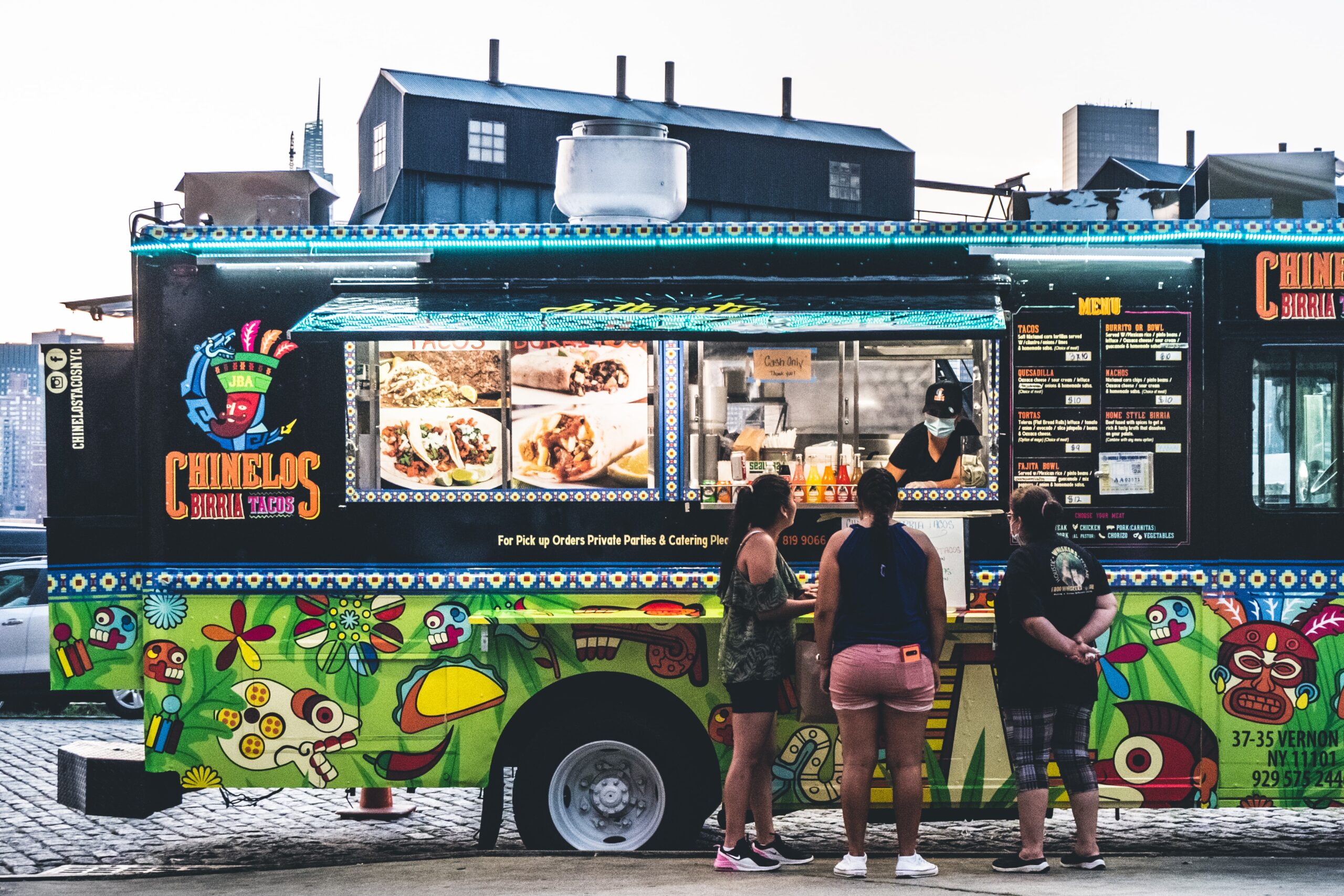Restaurants, bars, bodegas and food trucks in the Bronx will play a critical role in New York City’s economic recovery. Nearly 16,000 jobs in restaurants were based in the Bronx in 2019. With the COVID-19 pandemic nearing its end, these same institutions will play a huge role in returning to a sense of normalcy.
Many food-related businesses will need help picking back up where they left off. The Biden Administration’s $1.9 trillion American Rescue Plan Act has a dedicated source of funding just for these establishments. It established the Restaurant Revitalization Fund (RRF) to provide funding to help restaurants and other eligible businesses keep their doors open. To understand what the RRF means for businesses in the Bronx, the Bronx Chamber of Commerce hosted a webinar on it. Here’s what you need to know.
What is the RRF?
The RRF is a $28.6 billion fund from which grants will be made to food establishments that have suffered from COVID-19 pandemic-related revenue loss. It is being administered by the Small Business Association (SBA).
What do the grants cover?
Grants to eligible food establishments cover “pandemic-related revenue loss.” Proceeds may only be spent on permitted expenses. Any grant proceeds that remain unused as of March 11, 2023 – or if the busines ceases operations – must be returned. They are generally provided on a first-come, first-serve basis, although certain priorities apply.
Who’s eligible?
The following entities are eligible:
- Restaurants
- Food stands, food trucks and food carts
- Caterers
- Saloons, inns and taverns
- Bars and lounges
- Brewpubs, tasting rooms and taprooms
- Licensed facilities or premises of a beverage alcohol producer where the public may taste, sample or purchase products
- Any other similar place of business in which the public or patrons assemble for the primary purpose of being served food or drink
The following entities are not eligible:
- State or local government-owned businesses
- Businesses (together with affiliates) with more than 20 locations as of March 13, 2020
- Businesses that have received or have pending applications for a Shuttered Venue Operators Grant
- Publicly-traded companies
How big are the grants?
In general, an eligible entity can receive up to the amount by which its 2020 gross receipts are less than its 2019 gross receipts. The funding amount is reduced by the amount of Paycheck Protection Program (PPP) loans received. Different calculations apply for businesses that began operations after Jan. 1, 2019.
The minimum funding amount is $1,000. The maximum funding amount is $5 million per location and $10 million total for the applicant and any affiliated businesses.
What about businesses with multiple locations?
For applicants that conduct sales from permanent structures, count each place where the applicant conducts sales from a permanent structure and list each address. For applicants that operate mobile food trucks, carts, etc. or that operate as a caterer, count only the address of the business headquarters.
What can the grant be used for?
Businesses may only use grants for the following permitted uses:
- Payroll costs
- Payments of principal or interest on any mortgage obligation
- Rent payments
- Utilities
- Maintenance expenses
- Supplies
- Food and beverage expenses
- Operational expenses
- Paid sick leave
- Covered supplier costs
Grant priorities
During the first 60 days, $5 billion will be reserved for eligible entities with gross receipts during 2019 of not more than $500,000. The first 21 days will also prioritize women- or veteran-owned small businesses and to socially- or economically-disadvantaged small businesses.
Otherwise, grants are awarded on a first-come, first-served basis.
Application process
While the application is not open yet, it is important for businesses to prepare in advance as the fund generally works on a first-come, first-served basis. Interested applicants can sign up to receive email alerts for more information from the SBA as additional information about the RRF becomes available here.
Applicants must certify that the uncertainty of current economic conditions makes necessary the grant request to support the ongoing operations of the eligible entity and that the eligible entity has neither received nor has a pending application for a Venue Operator Grant.
Required documentation includes but is not limited to the application (SBA Form 3172), verification for tax information (IRS Form 4506-T), gross receipts documentation and, if applicable, documents evidencing onsite sales to the public comprise at least 33% of 2019 gross receipts.
Businesses can apply directly through the Small Business Administration at restaurants.sba.gov or by calling (844) 279-8898.
“We know the government has passed a number of programs to help businesses that are struggling financially through COVID. But this one is important. It’s the first time that they’ve done something that is specifically targeting restaurants, bars and food establishments,” said Meir Lax, senior associate at Arnold & Porter’s corporate and finance group who took part in the presentation held during the webinar.

